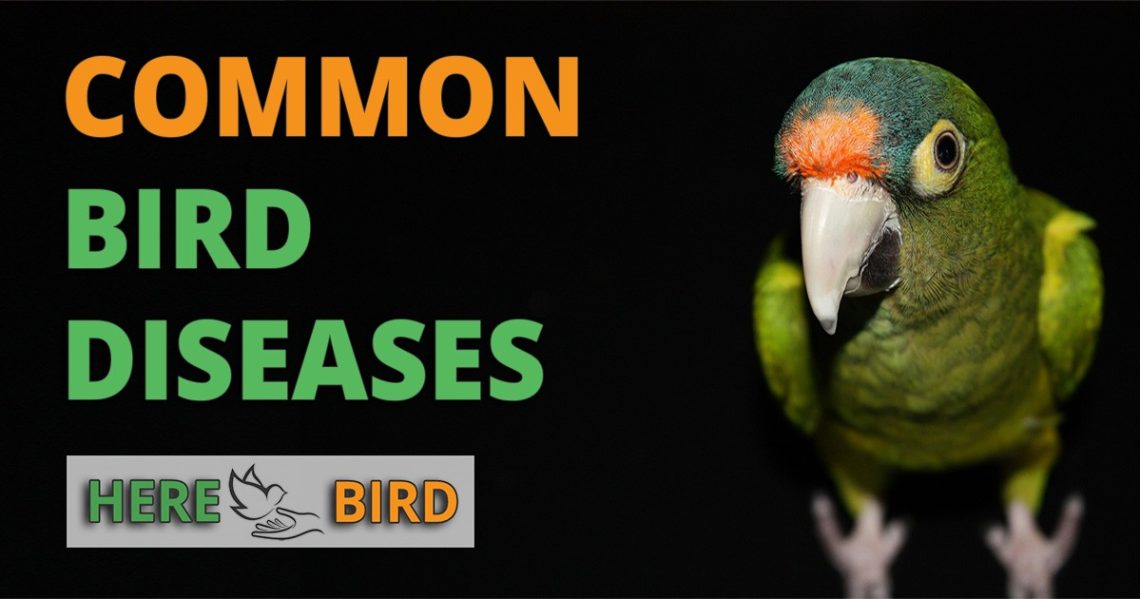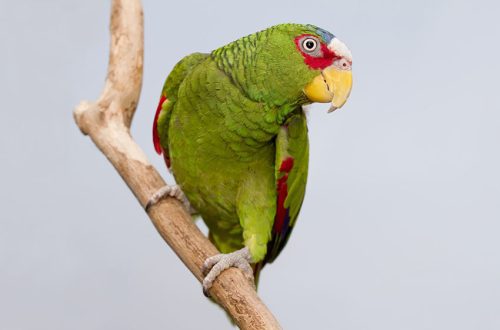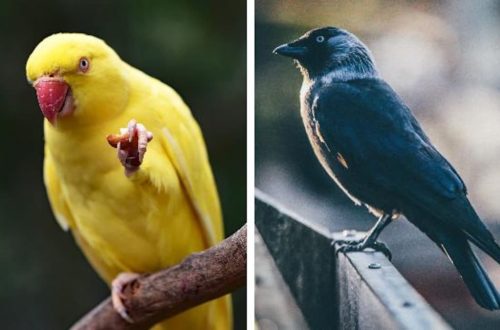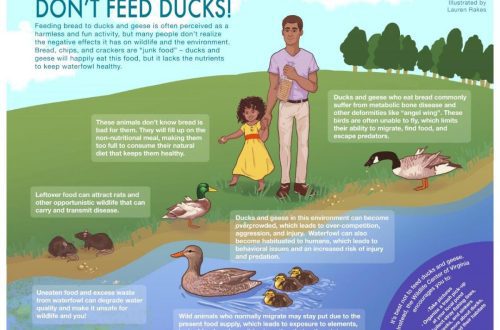
Signs of disease in parrots
The owner of the parrot needs to carefully monitor the behavior of the pet, since it can be used to judge the well-being of the feathered friend. Recognizing the disease in the initial stage is not easy, but signs of a serious illness appear within one day. You should carefully examine your pet, paying attention to the undertail – in a healthy bird it is clean with no traces of droppings of the eyes – normally clean, lively and without mucus the condition of the horny beak is a sign of health when it is smooth, without cracks and delaminations the condition of the horny scales on the legs – ideally smooth, thin and shiny. In terms of behavior, a healthy parrot is active and reacts vividly to the environment, willingly bathes, sings or makes other characteristic sounds. A sick bird is usually depressed, depressed, sleeps during the day, hiding his head under his wing, refuses to feed, does not clean his feathers.
Signs that should alert you
- Lethargy, drowsiness.
- Diarrhea.
- Lack of appetite.
- Ruffled feathers.
- Labored breathing.
- Mucous nasal discharge.
- Sneezing
- Growths on the paws or beak.
- Shiver.
It is important to provide timely assistance. After all, parrots have a fast metabolism, and even 12 hours of refusing food can be fatal. Therefore, if you see these symptoms, contact your veterinarian immediately.
Information to help save your pet
To make a proper diagnosis, the veterinarian will need information about your parrot. Try to answer the following questions as accurately and as reliably as possible:
- Where and when was the parrot purchased.
- How old is the bird.
- Conditions of detention (cage or aviary, loner or kept with other birds, physical activity, etc.)
- What food do you use, are there vitamins and nutritional supplements in the diet.
- When did the first signs of illness appear?
- What hurt the parrot before.
- Whom have you been in contact with lately, whether a new bird has been brought into the house.
With a mild form of the disease, you yourself can give medicine to a parrot by adding it to food, water, or burying it directly in its beak. The main thing is to strictly follow the instructions of the veterinarian. More serious illnesses may require injections: subcutaneous, intramuscular or intravenous.





